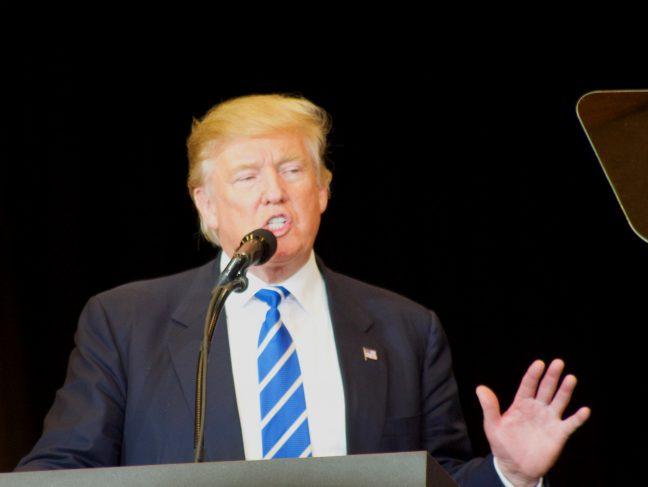We are undoubtedly living in a time of deep political despair in the wake of President-elect Donald Trump’s stunning, painful victory over Hillary Clinton, which has left millions of Americans shell-shocked and genuinely concerned for the future of American democracy.
As a result, many are scrambling to find an explanation to alleviate this confusion. One manifestation of this widely troubling outcome is a story that has dominated headlines in the first weeks of 2017: the U.S. intelligence community’s report on Russia’s intervention in the 2016 presidential election.
With no experience, Trump’s pick for nation’s housing director is troubling
Before this declassified version of a highly classified assessment was released, a poll conducted by The Economist/YouGov found 52 percent of Democrats embrace the unsubstantiated conspiracy theory that “Russia tampered with vote tallies in order to get Donald Trump elected President.”
This report did nothing to materialize a basis for this theory, yet this is what many continue to believe.
The unclassified report is underwhelming at best. There is essentially no new information for those who have been paying attention.
— Susan Hennessey (@Susan_Hennessey) January 6, 2017
The idea of Russia meddling in the election is certainly nothing that would surprise anyone.
Both the U.S. and Russia have a long history of tampering with foreign elections and no one is saying outright that Russia did not do this. Blindly accepting the intelligence community’s evidence-free claims, however, has sent the U.S. on a disastrous path numerous times in the past.
As The Intercept’s Glenn Greenwald notes in an interview with CNN’s Brian Stelter, Congress passed the Gulf of Tonkin Resolution in August of 1964, a joint resolution based on claims from the intelligence community that resulted in the escalation of the Vietnam War. These claims were later proven false.
More relevant to our lifetimes, Greenwald next mentions: “… in 2002 when a group of bipartisan senators assured the nation that the intelligence community convinced them that Saddam had weapons of mass destruction and was in an alliance with Al-Qaeda.”
Trump’s first month as president-elect proves just how uncertain the GOP’s future will be
As everyone now knows, these claims were also proven to be completely false and ultimately led to the costly Iraq War, which is almost universally regarded as a massive misstep in U.S. military intervention, not unlike the Vietnam War.
As history has shown us, it is critically important to view the intelligence community’s assessment on Russian hacking through a lens of skepticism to avoid past mistakes, particularly during a time when it is remarkably easy and even perhaps comforting to cast blame upon a foreign adversary for a highly undesirable election result.
While many still choose to believe these claims despite having learned this lesson the hard way several unforgettable times before, the truth is the U.S. cannot afford yet another confrontation based on uncorroborated claims from the intelligence community, especially with the now-fragile American democracy hanging in the balance.
Any reasonable, rational person should demand solid, unfiltered evidence of Russia’s alleged hacking before drawing conclusions and taking steps to retaliate.
Adam Firestone ([email protected]) is a junior studying economics.















